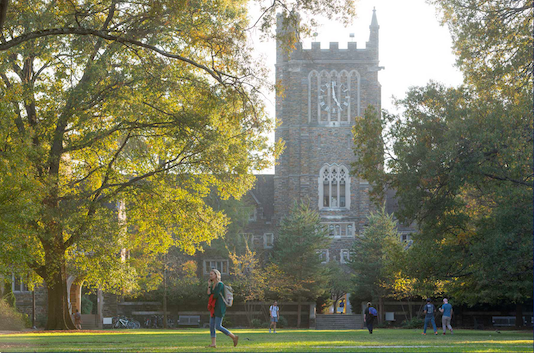Locomotor activity modulates associative learning in mouse cerebellum

Changes in behavioral state are associated with modulation of sensory processing in mice. Recent studies have shown that locomotor activity and arousal influence both spontaneous activity and sensory-evoked responses across mouse sensory cortices, with important consequences for sensory perception. To what extent behavioral state modulation generalizes to other brain functions, however, remains unclear.
In this talk she will present our work showing that behavioral state modulates performance in delay eyeblink conditioning, a cerebellum-dependent form of Pavlovian conditioning. they find that locomotor activity improves associative learning through mechanisms that are dissociable from arousal and independent of the modulation of cortical sensory responses. Further, optogenetic circuit dissection suggests that locomotion modulates delay eyeblink conditioning through mechanisms acting on the mossy fiber pathway within the cerebellum.
Finally, she will show that controlling locomotor activity rescues the impaired eyeblink conditioning of cannabinoid receptor knockout mice, highlighting the importance of considering general changes in behavioral state as a powerful means through which individual genes contribute to complex behaviors.






